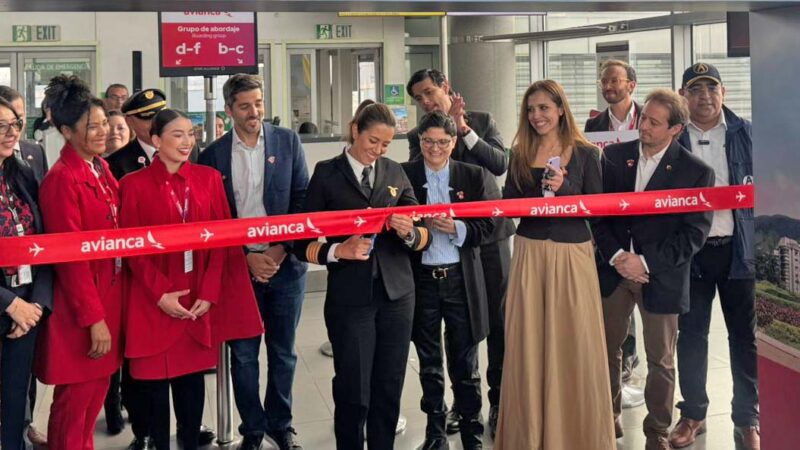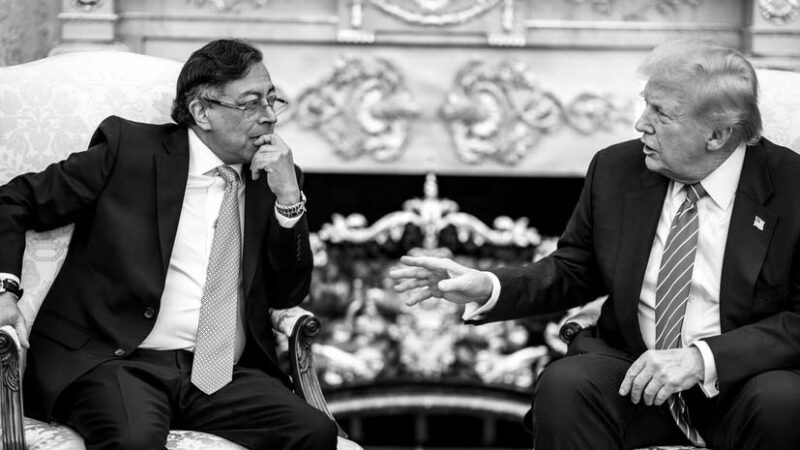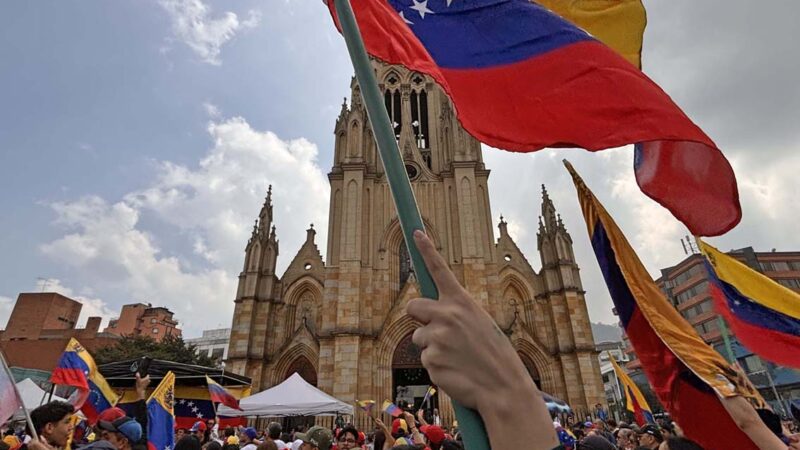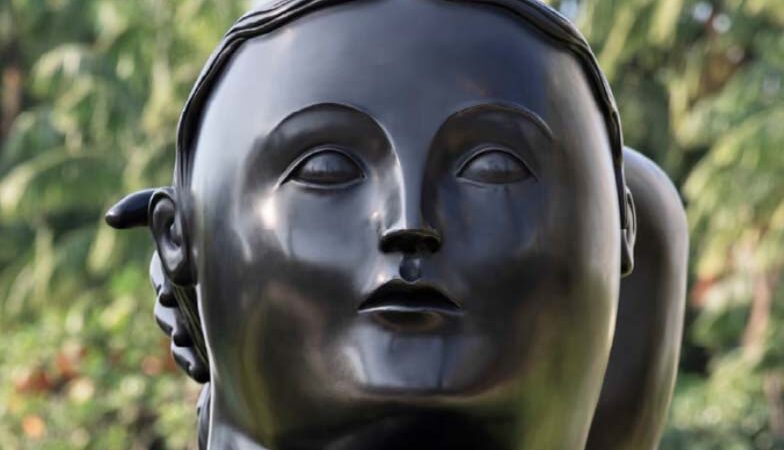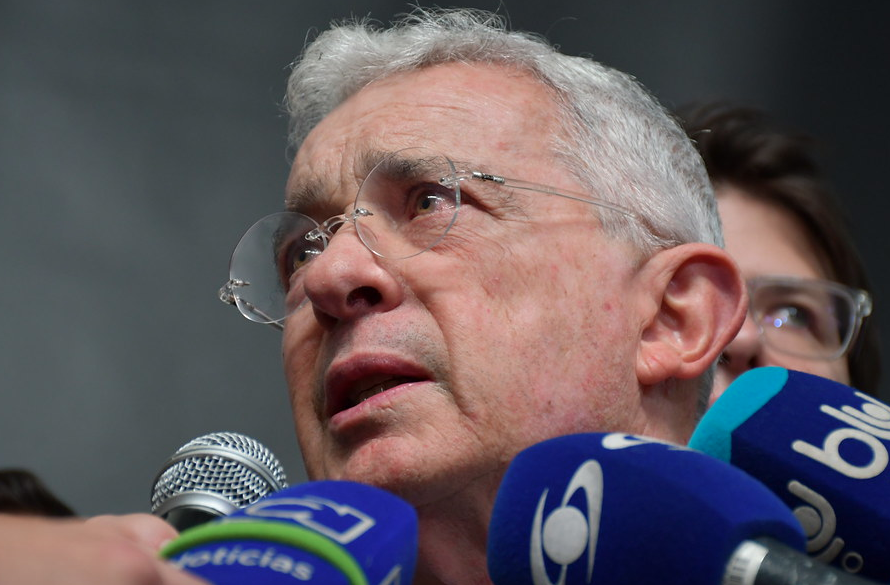
Colombia’s most consequential political figure in recent history, former President Álvaro Uribe Vélez, will learn his fate on Monday as Judge Sandra Heredia delivers a verdict in a landmark witness tampering case that has divided the nation and could reshape the country’s political landscape ahead of the 2026 presidential elections.
Uribe, who governed from 2002 to 2010 and remains the figurehead of the right-wing opposition party Centro Democrático, is the first former president in Colombia’s history to stand trial. The case, which has gripped public opinion and drawn international attention, stems not from the long-standing allegations linking Uribe to paramilitary groups, but from accusations that he and his legal team sought to manipulate testimony in order to discredit political opponents.
The case pivots around allegations that Uribe’s former lawyer, Diego Cadena, approached imprisoned paramilitaries with offers of legal or financial incentives in exchange for favorable statements – particularly retractions by those who had accused Uribe of founding the now-defunct Bloque Metro paramilitary faction during the 1990s.
At the center of the storm is Juan Guillermo Monsalve, a former paramilitary sentenced to 44 years for kidnapping, whose testimony ignited the legal firestorm. Monsalve claimed that Uribe and his brother had ties to the Bloque Metro at the Guacharacas cattle ranch in Antioquia – allegations first echoed in a column by leftist senator Iván Cepeda, a virulent critic of the right-wing president. The Uribe camp responded by suing Cepeda for slander in 2011.
However, in a stunning reversal in 2018, the Supreme Court dismissed the case against Cepeda and instead opened an investigation against Uribe. The sudden switch, made by magistrate José Luis Barceló, raised eyebrows, particularly because the 218-page court ruling did not present direct evidence of Uribe’s involvement in witness manipulation.
Monsalve’s credibility has also come under scrutiny. Not only was he never able to prove he had belonged to Bloque Metro, but records show that the group was founded after the Uribes had sold their property. Despite claims that Cadena tried to coax a retraction from Monsalve, the inmate never altered his original testimony. Uribe’s defense argues that this undermines the very basis for the charge of witness tampering.
The case has become more controversial due to the alleged irregularities in how it was handled. Judge Barceló ordered a wiretap in March 2018 to a phone that was believed to be that of Uribe regarding surveillance in an unrelated case. Although the procedural error was discovered early, the illegal interceptions continued for nearly a month, prompting an ongoing investigation into several court officials.
Further muddying the waters are allegations that Cepeda himself may have influenced witnesses. At least a dozen individuals testified during the trial that they were offered benefits by the senator or his associates in exchange for testimony against Uribe — including Monsalve’s own father and brother, who claimed they received monthly payments and promises of political asylum.
A potential “guilty” verdict has stirred passions far beyond Colombia’s borders. Republican Senator Bernie Moreno, a Colombian-American close to U.S. President Donald Trump, warned Judge Heredia not to allow the judicial system to be weaponized: “Colombia needs to stop using its judiciary against former President Álvaro Uribe. It’s a dangerous path for one of the U.S.’s key allies in Latin America.”
Florida Senator Mario Díaz-Balart went further, proposing a 50% cut in U.S. aid to Colombia over what he described as a politically motivated prosecution.
Back home, the trial has become a litmus test for Colombia’s polarized electorate. Despite stepping down from the presidency in 2010, Uribe’s legacy – defined by hardline security policies against guerrilla insurgencies, major social programs, and sustained economic growth – remains a touchstone for much of the voting public. When he left office, Uribe had an approval rating of 75%, and 80% of Colombians believed he restored the legitimacy of the democractic institutions.
The verdict is likely to reshape the political terrain. A conviction could derail the Centro Democrático’s hopes of reclaiming power in 2026 and embolden President Gustavo Petro’s leftist coalition. An acquittal, on the other hand, would likely be seized upon by Uribe’s supporters as vindication and could mark the start of a political resurgence for the right.
As the country braces for Judge Heredia’s decision, the stakes go far beyond Uribe himself. This is a test of Colombia’s capacity to restire the legacy of one of its greatest political leaders, and end the polarization surrounding one of the country’s most violent chapters with the Revolutionary Armed Forces of Colombia (FARC) guerrilla, that resulted in more than six million persons displaced, thousands kidnapped and over 260,000 dead.
EDITOR’s NOTE: At 4:00 pm, after almost eight hours of deliberation from Judge Heredia, based on a 1,000-page case file, a guilty verdict of “beyond all doubt” was handed-down to the former President. The verdict of witness bribery involving inmate Juan Guillermo Monsalve marks an unprecedented moment in Colombian history.
Share this story
Richard Emblin
Richard Emblin is the director of The City Paper.





